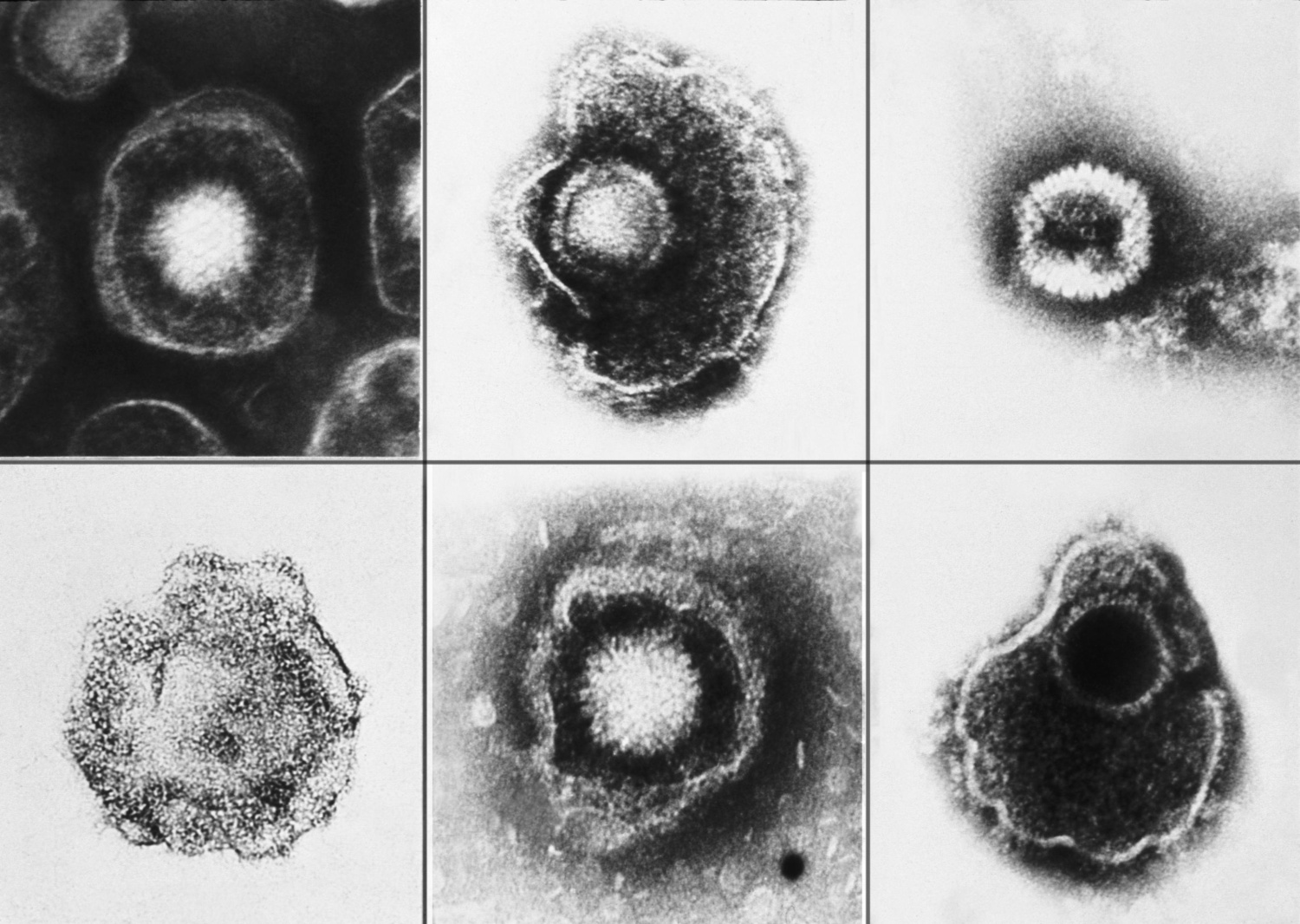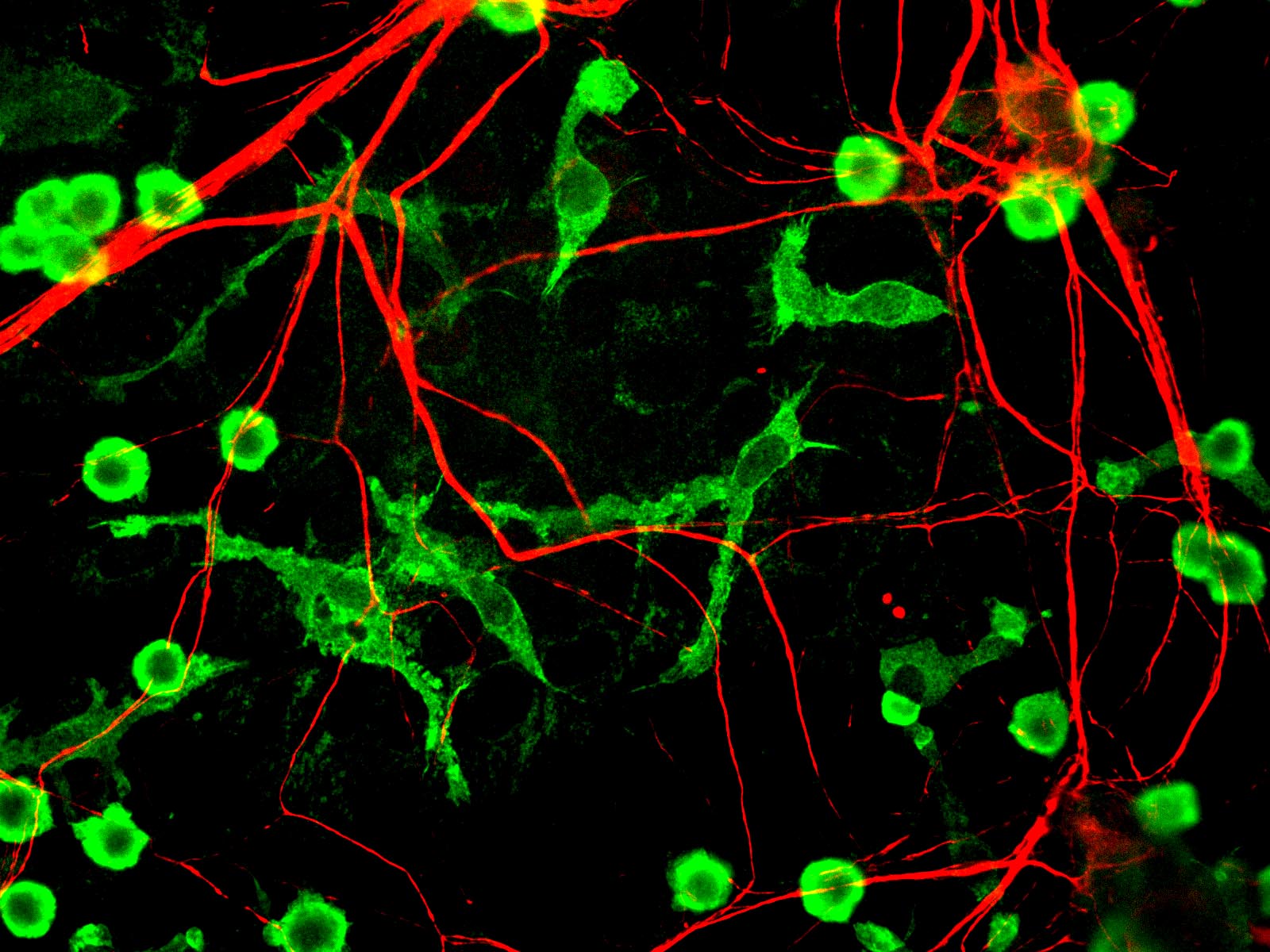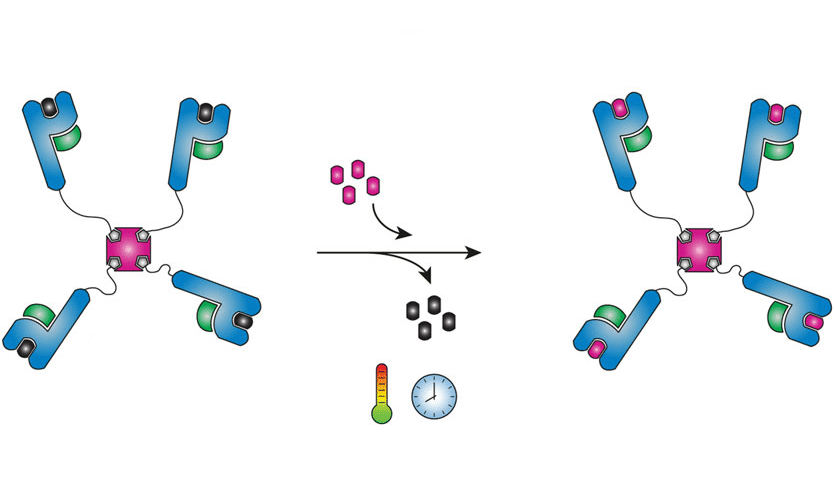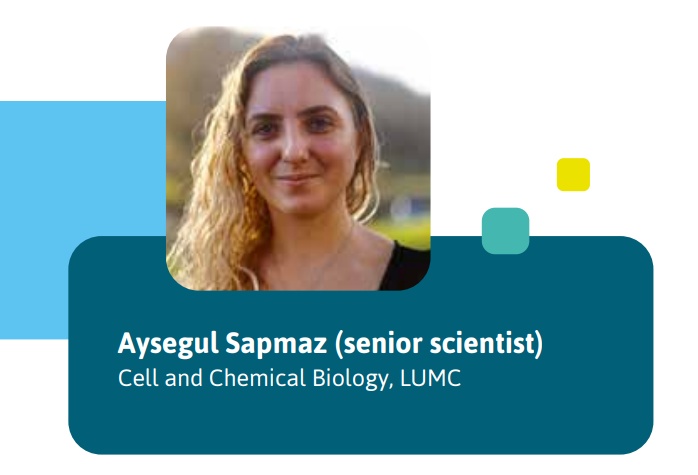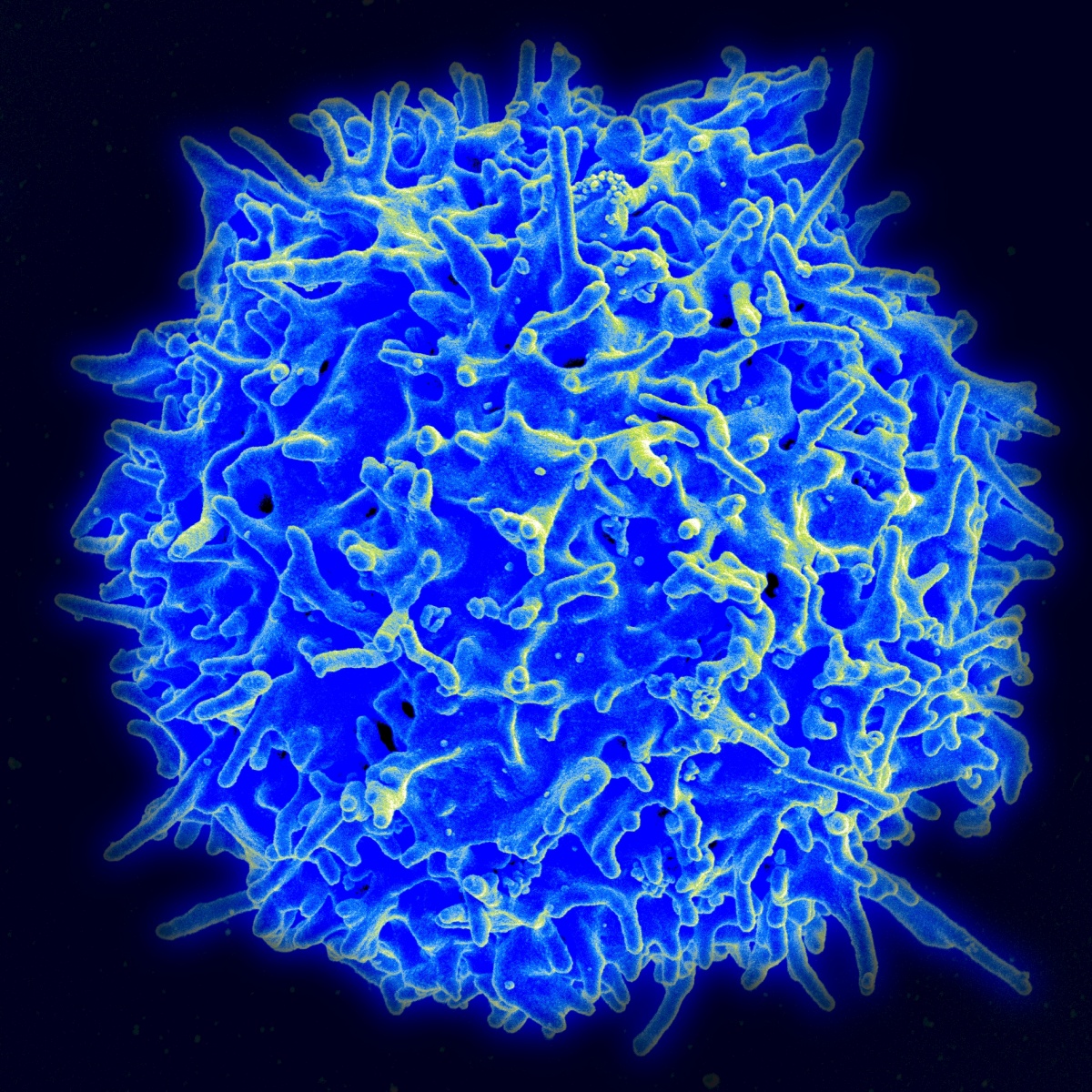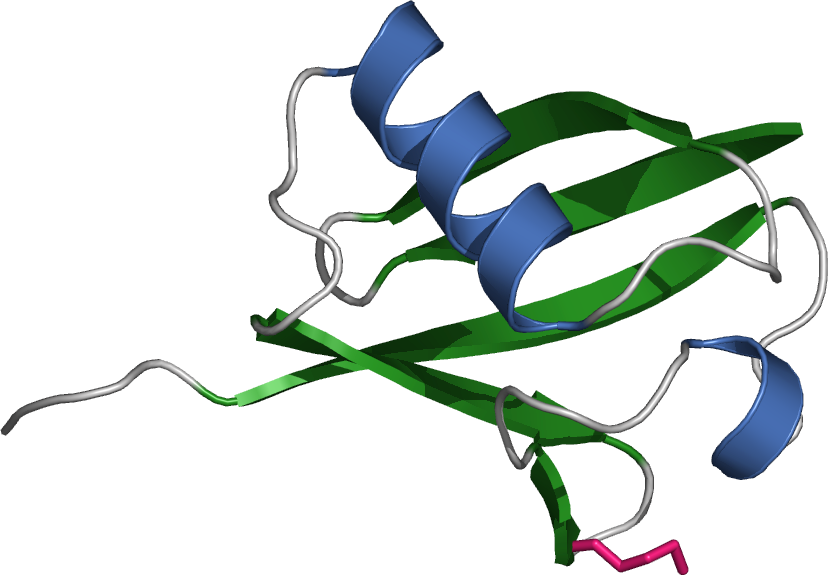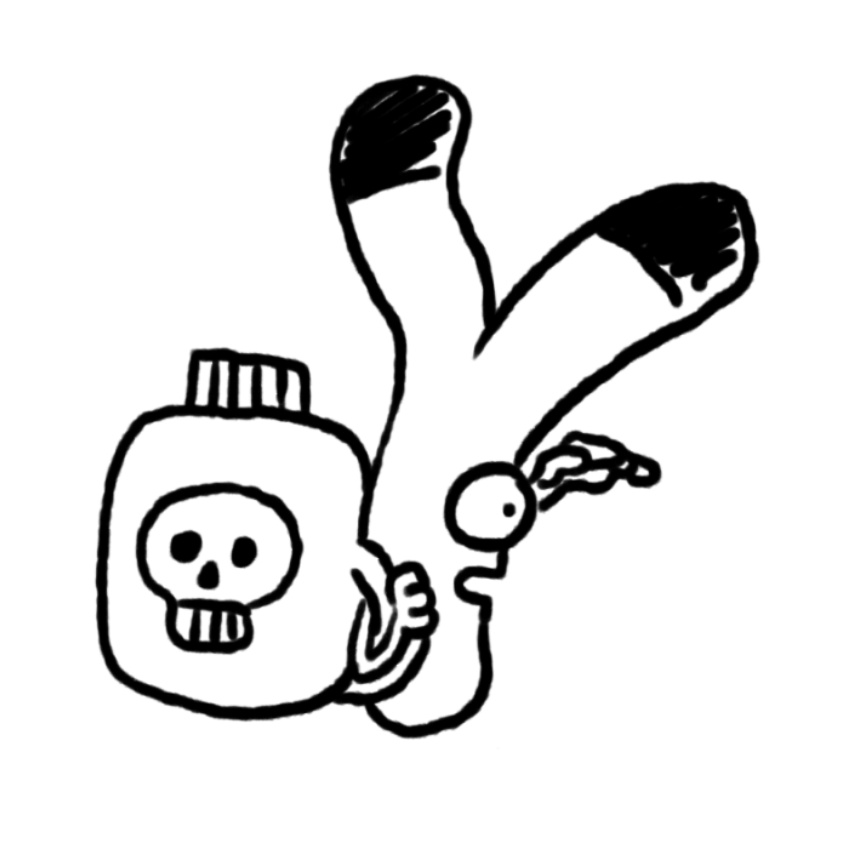
13 december 2023, ICI Bulletin
Scientific excellence and innovative training network in one
Targeted anti-cancer therapies are the future of cancer treatment. Immunotherapy is booming, and antibody-drug conjugates (ADC) are a fast growing class of therapeutics. These consist of a cytotoxic drug connected to an antibody that targets a tumor marker. Although much research is aimed at elements of ADCs such as the drug payload or constructing nanobodies, the international research program TACT is bringing all aspects of this research together, from fundamental chemistry to the initial stages of biological assessment. ICI-partner WUR is involved.
The EU-project TACT combines state-of-the-art research in antibody-drug conjugates with extensive training of new researchers. (Image: TACT)
The EU-project TACT combines state-of-the-art research in antibody-drug conjugates with extensive training of new researchers. (Image: TACT)
